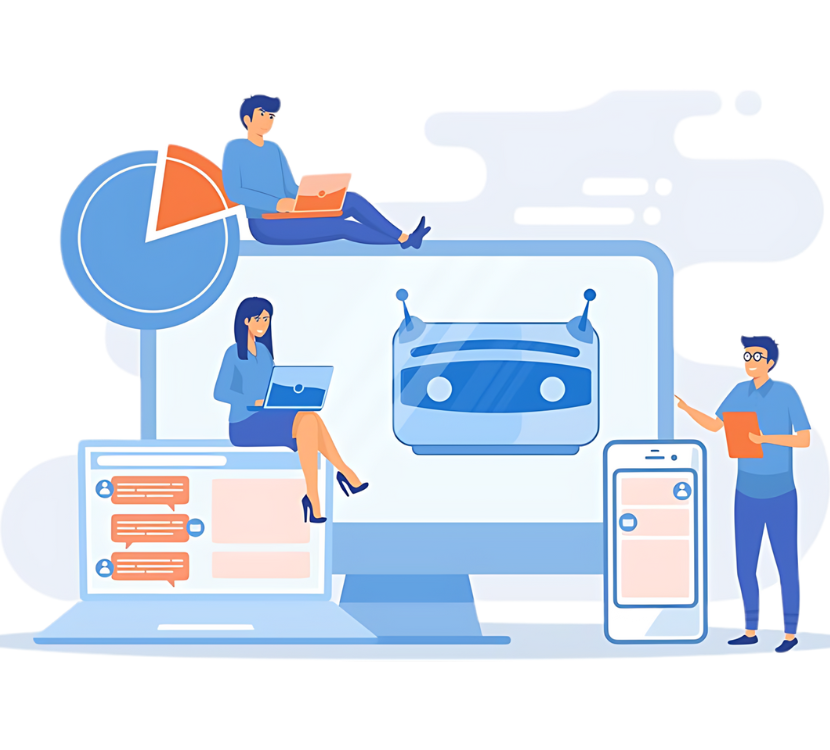- +91 74100 10020
- 2/3, Mahalakshmi Apartments, Saidapet, Chennai - 600015
- [email protected]


Course Objectives :
Target Audience:
Prerequisites:
Duration:
The course will span over 8 weekends, covering each module within one week.
Explore our detailed course modules to gain insights into the topics covered, learning objectives, and the structured curriculum of our cutting-edge AI training programs.
Objective: Introduce participants to the AIMM framework, its components, and its significance in organizational AI transformation.
Outcome: Participants will understand the structure of AIMM and its relevance in assessing AI maturity within organizations.
Self-Assessment Test: Quiz assessing participants’ understanding of AIMM components and their purpose.
Objective: Equip participants with the knowledge and skills necessary to conduct AIMM assessments effectively.
Outcome: Participants will be able to collect relevant data, apply assessment criteria, and conduct AIMM assessments within their organizations.
Self-Assessment Test: Scenario-based exercises where participants demonstrate their ability to apply AIMM assessment criteria.
Objective: Enable participants to analyse AIMM assessment findings and interpret results accurately.
Outcome: Participants will be able to identify strengths, weaknesses, and areas for improvement based on AIMM assessment results.
Self-Assessment Test: Case study analysis where participants interpret AIMM assessment results and propose actionable recommendations.
Objective: Guide participants in developing strategic plans based on AIMM assessment findings.
Outcome: Participants will create AIMM-driven roadmaps outlining goals, timelines, and resource allocations for advancing AI maturity within their organizations.
Self-Assessment Test: Participants will develop a sample AIMM roadmap based on the provided AIMM assessment results and organizational objectives.
Objective: Explore the role of leadership and organizational culture in driving AI transformation initiatives.
Outcome: Participants will understand the importance of leadership support and cultural alignment in successful AI adoption.
Self-Assessment Test: Reflective exercises where participants assess their organization’s current leadership support and culture related to AI initiatives.
Objective: Provide participants with strategies for translating AIMM insights into actionable initiatives.
Outcome: Participants will be able to select appropriate AI technologies, tools, and methodologies to implement AIMM-driven initiatives effectively.
Self-Assessment Test: Participants will develop an implementation plan for one of the initiatives identified in their AIMM roadmap.
Objective: Examine real-world case studies and best practices of AIMM implementation.
Outcome: Participants will gain insights from successful AIMM implementations and learn best practices for maximizing AI maturity.
Self-Assessment Test: Multiple-choice questions assessing participants’ understanding of key takeaways from presented case studies and best practices.
Objective: Explore emerging trends and anticipate challenges in AI maturity advancement.
Outcome: Participants will be equipped to anticipate future trends and challenges in AI adoption and develop strategies to address them.
Self-Assessment Test: Essay questions prompting participants to discuss potential future trends and challenges in AI maturity and propose mitigation strategies.
Participants will be assessed through online quizzes, assignments,and a final project. A QCI-approved certificate of completion will be awarded to participants who successfully fulfill course requirements.